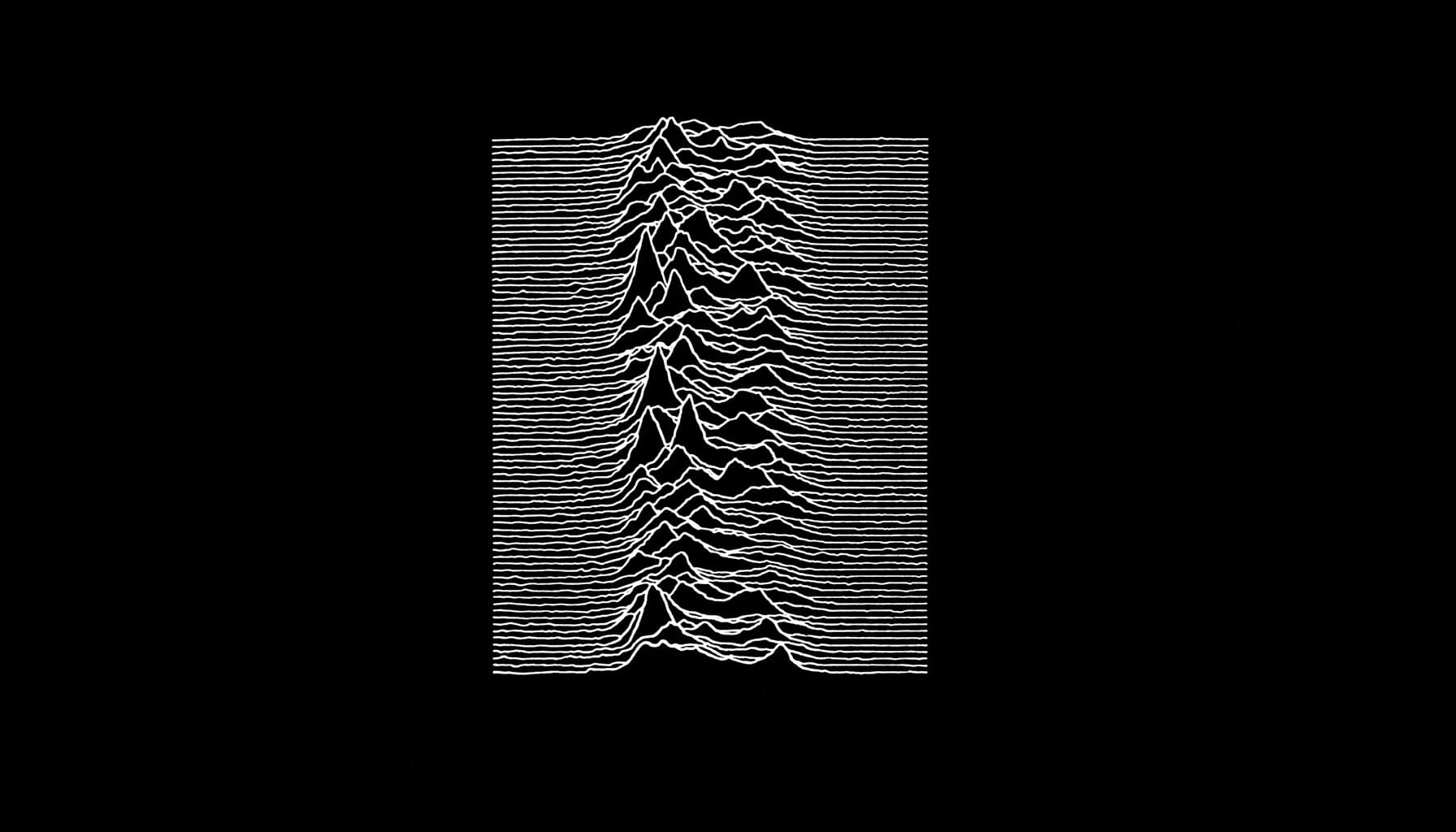Blindspotting: Joy Division, "Unknown Pleasures"
Fixing musical blind spots, one album at a time

The Legacy: Odds are exceedingly low that you need me to tell you anything at all about this band, but here goes anyway. Early standard-bearers for British post-punk, Joy Division — bassist Peter Hook, multi-instrumentalist Bernard Sumner, drummer Stephen Morris, and frontman Ian Curtis — clambered up in the wake of the Sex Pistols' snotty sonic boom. But while they may have been inspired by punk acts like the Pistols, they didn't really follow in those footsteps, particularly on record; largely due to the influence of producer Martin Hannett, Joy Division adopted a chillier, more expansive sound, one that didn't exactly lack punk's simplicity or energy, but veered away from claustrophobic aggression toward a general sense of alienation and doom.
The group's first full-length outing, Unknown Pleasures failed to chart upon its summer 1979 release, in spite of a spate of effusive reviews hailing it as a remarkable debut. In his oft-quoted assessment, Melody Maker critic Jon Savage described Pleasures' highlights as sounding like "Gary Glitter meets the Velvet Underground," and if that's slightly a stretch, one could certainly draw a line between JD and the VU, particularly given the way this album's eventual impact grew to eclipse its relatively meager initial sales figures.
Following their critically lauded (and ultimately slightly profitable) mission statement, the future looked bright for Joy Division, but Curtis' death by suicide in the spring of 1980 brought their story to a grim conclusion; their second album, Closer — released shortly after his passing — would be their last. Before the end of that year, the surviving bandmates recruited keyboardist/guitarist Gillian Gilbert to solidify the lineup of their next group, the era-defining New Order.
First Impressions: When it comes to listening to music for pleasure, I've always had a pretty limited tolerance for glum and arty shit, and that was even more pronounced during my early years as an independent consumer in the '80s — a period that dovetailed with the New Order hits "Bizarre Love Triangle" and "Blue Monday," both of which struck me at the time as the work of fey synth fetishists. Like many of the snap judgments I made in the '80s, that stance has softened quite a bit over time, but this still isn't anything I'd ever play for enjoyment; in general, I tend to agree with the critics who called Unknown Pleasures turgid and dull more than the ones who've labeled it one of the best albums of all time.
Overall, I guess I'd argue that this is a record whose significance dwarfs its songs — listening to it now, you can certainly hear the seeds of music yet to be made by the numerous acts it influenced, but for anyone who wasn't there when it happened, it'll probably be difficult to hear these tracks without being distracted by the echoes that continue to reverberate 45 years later. Without my teenage musical prejudices drowning everything out, I think Pleasures is interesting from a somewhat clinical standpoint — not just as the sound of a Big Bang for mopey synth-pop artists of the '80s, but as an example of how artfully you can employ the friction between raw emotion and clinical distance. The music is all slate skies and gloomy, downcast glances, but the lyrics and vocals are alive with inner turmoil.
Shorter version: Unknown Pleasures might deserve its rep as one of the greatest albums of all time, even if for no reason other than its cultural significance. It's also not an album I intend to listen to ever again.
Hidden Gems: The members of the band were reportedly less than impressed when they heard the way Hannett toned down the deafening energy of their live performances. That disconnect isn't always apparent if you aren't really listening for it, but it's easy to imagine "Interzone" hitting concert audiences like a punch in the nose; if I were being forced to pick a single Pleasures cut as a "fun listen," that's the one I'd have to go with.
